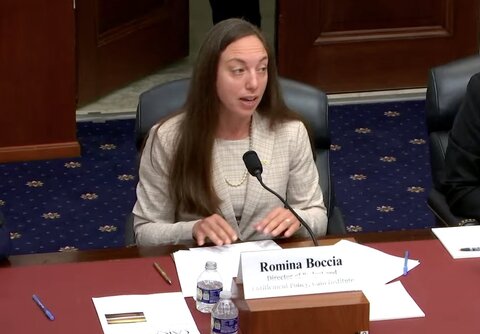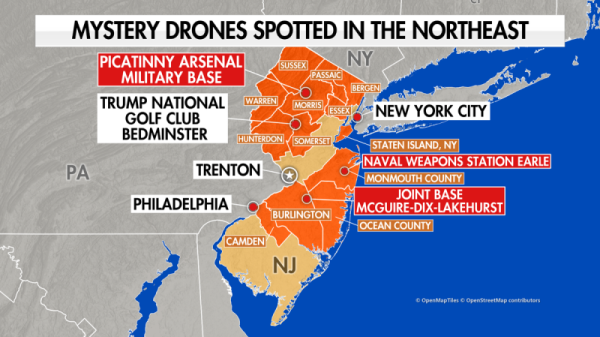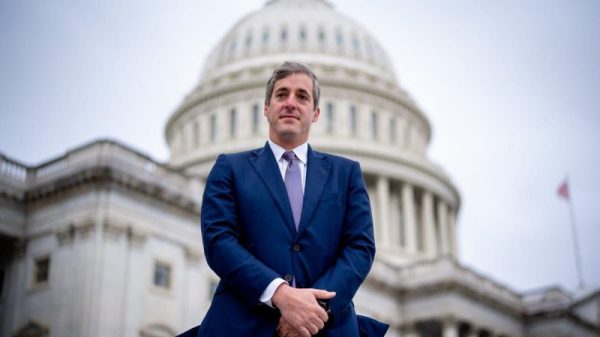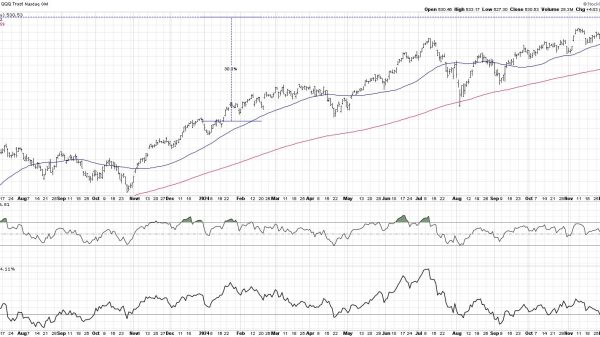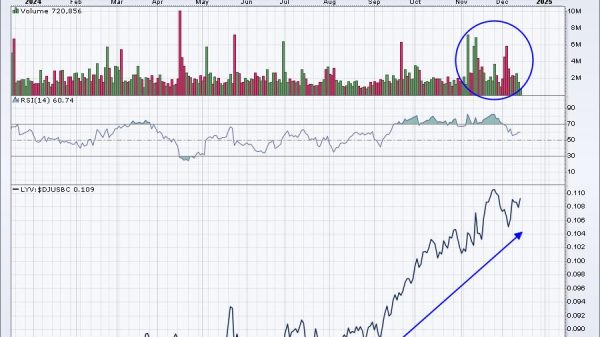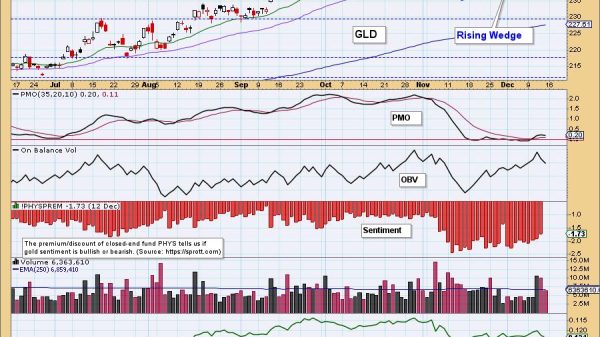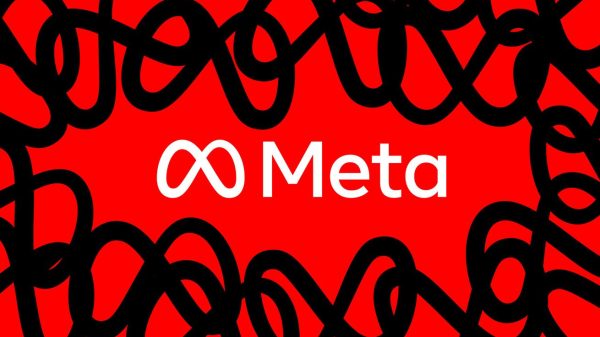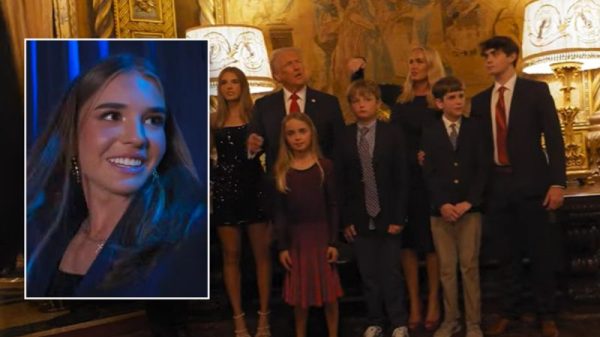
A bill that could ban TikTok from the US unless its Chinese parent company divests it is constitutional, a panel of judges for the DC Circuit Court of Appeals unanimously ruled.
The decision comes soon before ByteDance’s January 19th deadline to sell the popular video app, or face its expulsion from the US. That deadline now falls one day before President-elect Donald Trump will be inaugurated for the second time — thanks in part to donations from ByteDance investor Jeff Yass. Though Trump sought to ban TikTok during his first term, he changed his tune on the campaign trail this year, saying a ban would just help a different target of his ire: Meta.
While Trump allies reportedly expected him to try to halt the ban, the options for recourse are somewhat limited. The law allows for a 90 day extension at the president’s discretion, but only if progress is being made toward a spin-out. Trump could direct the Department of Justice not to enforce the bill, but that still leaves app store companies like Google and Apple — tasked with being the gatekeepers to the app — in a precarious spot, should Trump change his mind or a future administration decide to enforce the law.
The court decided that the law could survive even strict scrutiny under the First Amendment, and did not find TikTok’s arguments that it violates equal protections under the Fifth Amendment compelling. “We emphasize from the outset that our conclusion here is fact-bound,” Judge Douglas Ginsburg writes in the opinion for the court. “The multi-year efforts of both political branches to investigate the national security risks posed by the TikTok platform, and to consider potential remedies proposed by TikTok, weigh heavily in favor of the Act. The Government has offered persuasive evidence demonstrating that the Act is narrowly tailored to protect national security.” These risks included both fears that China could use TikTok for data collection and that it could covertly manipulate the recommendation algorithms.
Despite Trump’s opposition, many Republicans in Congress voted to pass the bill earlier this year. It received overwhelming bipartisan support in both chambers, before President Joe Biden signed it into law. Proponents of the law say that it’s necessary protect the privacy of Americans and protect them from foreign influence campaigns. That’s because Chinese law lets the government compel companies headquartered there to hand over internal information for national security reasons. And while TikTok has repeatedly asserted its independent operations from ByteDance and says US data is not stored in China, many lawmakers still feared Chinese officials could have a say in what information Americans do and don’t see.
During oral arguments in September, TikTok and a group of creators also suing to block the law argued that it would stifle Americans’ speech, and unfairly limit the information they’re able to access. The DOJ defended the law as appropriately tailored to address a national security risk. The three-judge panel that heard the case appeared skeptical of the company’s arguments, prodding at the practicality of a more restrained approach.
The ruling could still appealed en banc to the full panel of judges on the DC Circuit, and ultimately to the Supreme Court.



